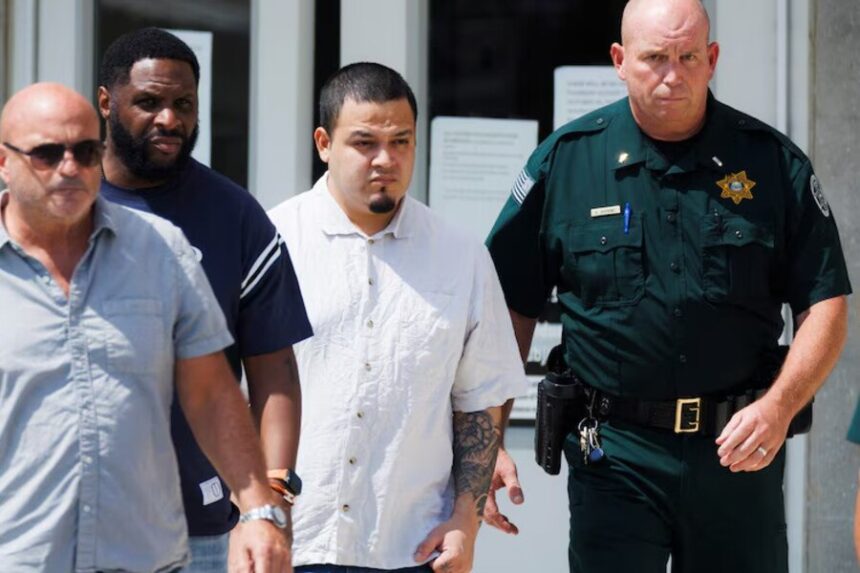Attorneys for Kilmar Abrego Garcia, a Salvadoran man who was mistakenly deported in March and later returned to face federal human smuggling charges, allege the U.S. government is attempting to coerce a guilty plea by threatening to deport him to Uganda if he refuses. Abrego Garcia was released from criminal custody in Tennessee and returned to Maryland on Friday, according to a defense filing.
The defense says prosecutors and immigration authorities first offered a deal tying a guilty plea and continued detention to post-sentence removal to Costa Rica. ABC News reported that Costa Rica told the U.S. Embassy on Thursday it would accept Abrego Garcia “upon the conclusion of any criminal sentence he may serve in the U.S.” The next day, after Abrego Garcia declined to extend his detention or plead guilty and was released, an ICE representative informed his counsel that the government intended to deport him to Uganda and ordered him to report to ICE’s Baltimore field office on Monday, his attorneys say. On Friday evening, following his release, the Department of Homeland Security allegedly told him he has until early Monday morning to accept the plea-for-Costa-Rica offer “or else that offer will be off the table forever.”
“There can be only one interpretation of these events,” the defense wrote, arguing that the Justice Department, DHS, and ICE “are using their collective powers to force Mr. Abrego to choose between a guilty plea followed by relative safety, or rendition to Uganda, where his safety and liberty would be under threat.” Abrego Garcia is Salvadoran; his lawyers contend that floating removal to Uganda—a country with which he has no ties—raises legal and safety concerns.
The Justice Department, in a statement to ABC News responding to the filing, emphasized the seriousness of the case. “A federal grand jury has charged Abrego Garcia with serious federal crimes, including human trafficking and smuggling offenses, underscoring the clear danger this defendant presents to the community,” a spokesperson said. “This defendant can plead guilty and accept responsibility or stand trial before a jury. Either way, we will hold Abrego Garcia accountable and protect the American people.” DHS did not immediately comment. Homeland Security Secretary Kristi Noem criticized Abrego Garcia’s release on Friday, saying a “publicity hungry Maryland judge” allowed an “illegal alien who is a MS-13 gang member, human trafficker, serial domestic abuser, and child predator” to go free.
The dispute sits at the intersection of criminal prosecution and immigration enforcement. While plea negotiations sometimes address immigration consequences, Abrego Garcia’s attorneys argue the government crossed a line by using destination-of-removal promises—and a rapid deadline—as leverage over a defendant’s constitutional right to trial. Practically, deportations typically require a receiving country’s consent and travel documents; the defense filing does not indicate whether Uganda has agreed to accept him, and the government has not publicly outlined the legal basis for naming Uganda as a destination.
What happens next could hinge on Monday’s reporting requirement. If Abrego Garcia rejects the plea, his attorneys could seek emergency court relief to prevent removal while the criminal case proceeds. If he accepts, the government’s position—per the defense account and ABC’s reporting—is that he would be removed to Costa Rica after any sentence. The broader stakes, beyond the fate of one defendant, involve how far authorities may go in linking immigration outcomes to criminal case resolutions, and whether courts will view such tactics as permissible negotiation or impermissible coercion.




